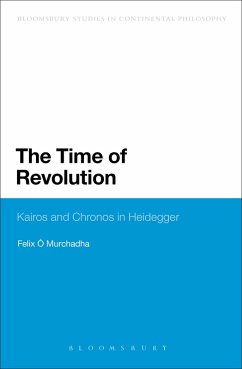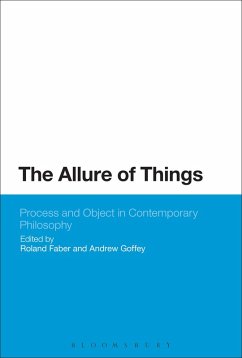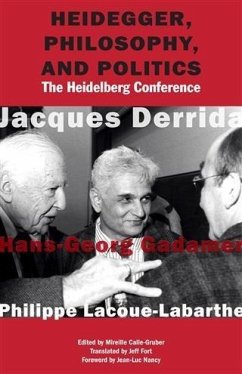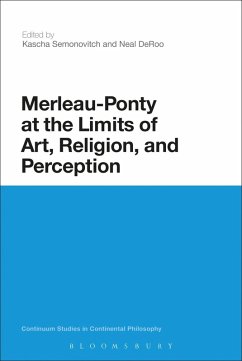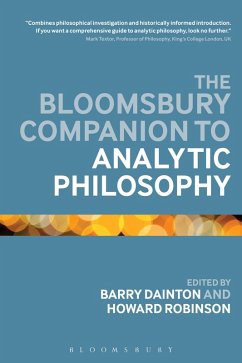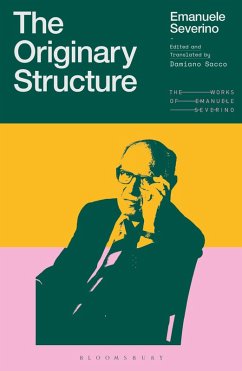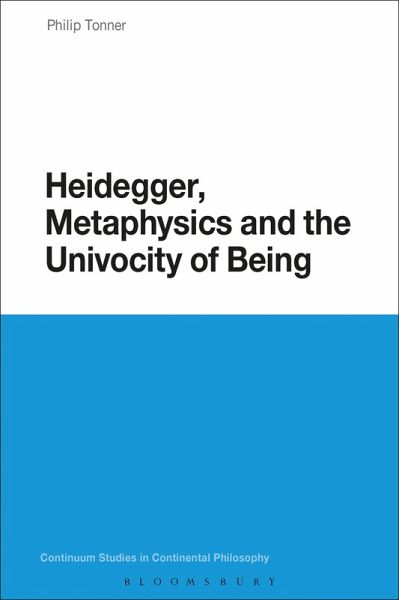
Heidegger, Metaphysics and the Univocity of Being (eBook, ePUB)
Versandkostenfrei!
Sofort per Download lieferbar
31,95 €
inkl. MwSt.
Weitere Ausgaben:

PAYBACK Punkte
16 °P sammeln!
In Heidegger, Metaphysics and the Univocity of Being, Philip Tonner presents an interpretation of the philosophy of Martin Heidegger in terms of the doctrine of the 'univocity of being'. According to the doctrine of univocity there is a fundamental concept of being that is truly predicable of everything that exists. This book explores Heidegger's engagement with the work of John Duns Scotus, who raised philosophical univocity to its historical apotheosis. Early in his career, Heidegger wrote a book-length study of what he took to be a philosophical text of Duns Scotus'. Yet, the word 'univocit...
In Heidegger, Metaphysics and the Univocity of Being, Philip Tonner presents an interpretation of the philosophy of Martin Heidegger in terms of the doctrine of the 'univocity of being'. According to the doctrine of univocity there is a fundamental concept of being that is truly predicable of everything that exists. This book explores Heidegger's engagement with the work of John Duns Scotus, who raised philosophical univocity to its historical apotheosis. Early in his career, Heidegger wrote a book-length study of what he took to be a philosophical text of Duns Scotus'. Yet, the word 'univocity' rarely features in translations of Heidegger's works. Tonner shows, by way of a comprehensive discussion of Heidegger's philosophy, that a univocal notion of being in fact plays a distinctive and crucial role in his thought. This book thus presents a novel interpretation of Heidegger's work as a whole that builds on a suggested interpretation by Gilles Deleuze in Difference and Repetition and casts a new light on Heidegger's philosophy, clearly illuminating his debt to Duns Scotus.





